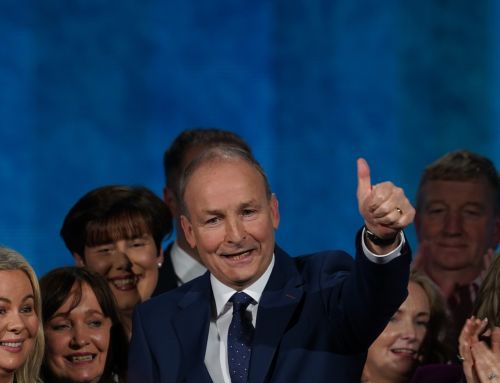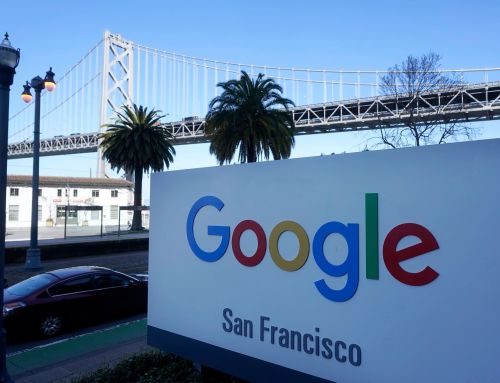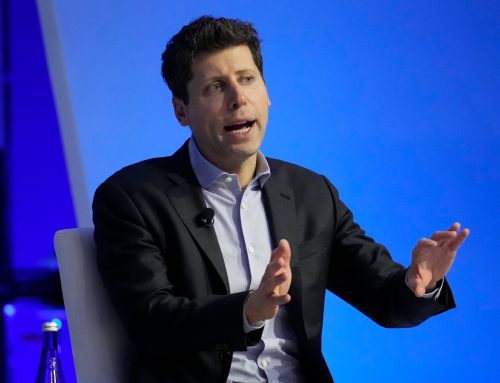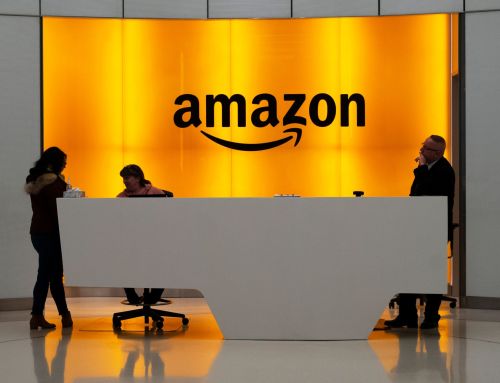Microsoft’s vice chair and president has slammed the UK competition watchdog’s decision to block the software company’s 68.7 billion dollar (£55 billion) takeover of gaming firm Activision Blizzard, calling it a “bad day for Britain”.
Brad Smith said the UK regulatory environment compared unfavourably with the EU and warned the “English Channel has never seemed wider”.
He told BBC Radio 4’s Today programme he was “very disappointed” at the move and that it was “probably the darkest day” in its 40-year history in the UK.
“There’s a clear message here. The European Union is a more attractive place to start a business if you want some day to sell it than the United Kingdom,” he said.
But the Competition and Markets Authority (CMA) defended its decision to block Microsoft’s deal for Activision and said the UK was “absolutely open for business”.
The spat comes after the regulator on Wednesday prevented the mammoth buyout over concerns in the cloud gaming sector.
Xbox owner Microsoft struck a deal to buy the maker of Candy Crush and Call Of Duty in January 2022.
The CMA said the tie-up would make Microsoft stronger in cloud gaming – where video games are played using remote servers and have no need for downloads – “stifling competition in this growing market”.
#Microsoft and #Activision merger: A thread on our concerns for the future of #CloudGaming ⬇️ pic.twitter.com/O2P14p2OO7
— Competition & Markets Authority (@CMAgovUK) April 26, 2023
It claimed that Microsoft already accounted for between 60% and 70% of cloud gaming services.
Microsoft submitted a proposal in an effort to address concerns but the watchdog said this contained a “number of significant shortcomings”.
Microsoft and Activision have both said they will appeal the decision.
Mr Smith told the Today programme: “I think the impact on the UK, unfortunately, is to shake the confidence among the business community in the UK, and the CMA as a regulatory agency.”
He added: “This decision, I have to say, is probably the darkest day in our four decades in Britain. It does more than shake our confidence in the future of the opportunity to grow a technology business in Britain than we’ve ever confronted before.”
Delivering a message to the Prime Minister, he said the Government “needs to look hard at the role of the CMA, this regulatory structure in the United Kingdom, this transaction and the message that the United Kingdom has just sent to the world”.
Downing Street dismissed criticism of the UK’s position as a place for tech firms to invest.
Prime Minister Rishi Sunak’s official spokesman said: “Those sorts of claims are not borne out by the facts.”
He added that the UK’s games market had doubled in size to £7 billion over the past decade.
CMA head Sarah Cardell insisted the regulator wanted “to create an environment where a whole host of different companies can compete effectively, can grow and innovate”, claiming this was the “best thing for consumers and businesses”.
She told BBC’s Today programme that after a “long and careful investigation” into the Microsoft deal, “combining those two businesses would really reinforce Microsoft’s strong position in cloud gaming”.
“That would be problematic because it would really harm the ability of other platforms to compete effectively.
“We’re not alone, in the US the Federal Trade Commission is suing to block the deal, there is a lot of alignment there.”
Dan Ridsdale, head of technology at Edison Group, said Microsoft’s claims were “way off the mark”.
He said: “Relative to the US, the UK has quite a console-centric gaming community, and while the streaming market is still developing, Microsoft already holds a very strong hand.”
He said concerns will be fuelled by the customer lock-in from one company supplying the hardware, software and content.
Games industry group UK Interactive Entertainment said: “We know the video games sector will pay a huge part in the UK’s future success, and we continue to work with Government to ensure games businesses have the best policies in place to support growth, as well as the appropriate regulatory environment to encourage success.”






